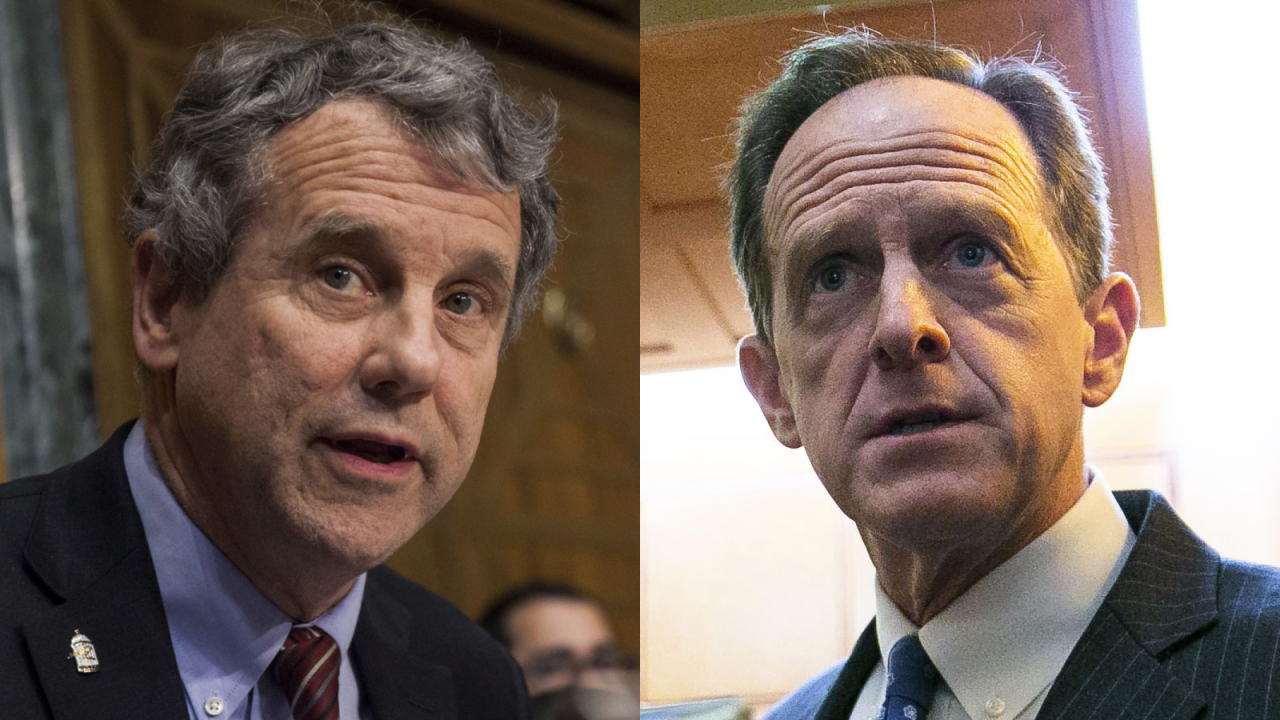-
The bank's release from a five-year-old enforcement action would mark progress in CEO Charlie Scharf's efforts to resolve its sprawling regulatory problems. But 10 more consent orders, including an asset cap imposed by the Federal Reserve in 2018, remain in place.
December 21 -
The agency said it may exempt certain institutions from having to file suspicious activity reports if they have “innovative solutions intended to meet Bank Secrecy Act requirements more efficiently and effectively." But in those circumstances, law enforcement may still require SARs.
December 17 -
Manual transaction monitoring doesn't scale to the acceleration of online activity, leading to many potential false negatives, and reduced efficiencies as teams demand quick growth and analysts take time to train properly, says Acuant's Jose Caldera.
December 17 Acuant
Acuant -
The defense spending bill includes language requiring businesses to report their owners to Fincen.
December 11 -
A defense spending package includes a measure requiring new businesses to report their beneficial owners directly to the Financial Crimes Enforcement Network, shifting the burden away from banks.
December 9 -
Brooklyn-based federal prosecutors will staff a new task force to investigate and charge corporations and individuals who use the U.S. banking system to launder money, setting up a bigger role in white-collar cases that have historically been dominated by their Manhattan counterparts.
December 8 -
Using AI can manage both privacy and security as part of AML reform, says Giant Oak's Gary Shiffman.
December 1 Giant Oak
Giant Oak -
Banks are responsible for reporting their business customers' beneficial owners, but a bill that would shift that anti-money-laundering duty to businesses themselves has been added to a must-pass defense spending package.
November 20 -
Bankers must identify money launderers and traffickers, and yet although not precluded, the current legal framework actually limits the sharing of data about potential suspicious activity and customers between institutions, says Giant Oak's Gary Schiffman.
November 20 Consilient
Consilient -
Sen. Pat Toomey, R-Pa., who would likely chair the Banking Committee if the GOP retains control of the chamber, signaled support for helping banks serve marijuana businesses. But he is skeptical of an anti-money-laundering bill backed by the industry and extensions of the Fed's pandemic programs.
November 17 -
If the GOP can hold its majority in the chamber, Sen. Pat Toomey, R-Pa., will likely become the panel's chairman. His ardent support for free-market principles could set up partisan clashes with Democrats over pandemic relief, money laundering rules and more.
November 16 -
Big financial institutions are worried that online wagers made with credit cards pose a heavy risk of money laundering. The possibility of tougher rules under the incoming Biden administration has only compounded their concerns.
November 11 -
A final Senate breakdown still depends on the outcome in a few key races, but with Republicans closer to keeping power, Democrats' proposals to cap interest rates, create a postal banking system and establish a public credit reporting agency are likely dead on arrival.
November 6 -
A Federal Reserve-issued digital dollar could speed up payments, expand financial access and reduce financial crime. But it also brings trade-offs that policymakers are only just beginning to consider.
November 4 -
The Paycheck Protection Program and encouraging digital innovation are top priorities for James Edwards, CEO of United Bank in Georgia. He also expects the American Bankers Association to promote diversity and regulatory reform in the next year.
October 26 -
The two agencies proposed amending the Bank Secrecy Act to lower the threshold for transfers occurring outside the U.S. that trigger recordkeeping requirements.
October 23 -
The Department of Justice can still investigate and arrest the developers behind the automatic transactions, says Exante's Anatoliy Knyazev.
October 22 Exante
Exante -
Other central banks have considered phasing out cash as they explore digital currencies. Should the idea take hold in the U.S., Federal Reserve Chairman Jerome Powell said it would not replace the physical dollar.
October 19 -
Other central banks have considered phasing out cash as they explore digital currencies. Should the idea take hold in the U.S., Federal Reserve Chairman Jerome Powell said it would not replace the physical dollar.
October 19 -
Better dialogue between banks and authorities coupled with stronger anti-money-laundering measures could help address the suspicious activity report flaws revealed by investigative journalists.
October 14 Institute of International Finance
Institute of International Finance













